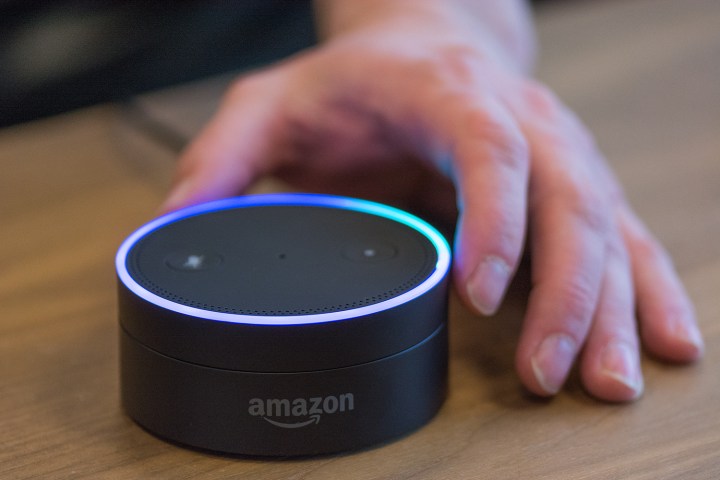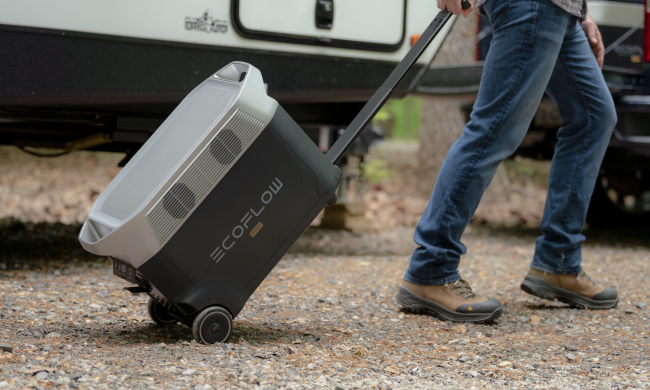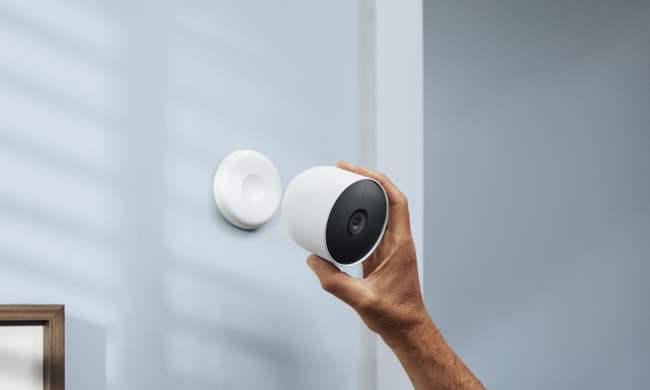
According to new research from the Consumer Technology Association, the trade group behind the enormous CES electronics show, one in five U.S. shoppers (19 percent!) will use a smart assistant like Amazon Echo or Google Home to purchase holiday gifts. That’s a huge number — but dig into the stats a bit and the claim sounds as hollow as a digital assistant’s soul.
One in five U.S. shoppers will use a smart assistant like Amazon Echo or Google Home to purchase holiday gifts.
Consider other CTA research, for example, which reveals that only 15 percent of adults in the U.S. currently own a smart speaker. How could one in five shop with a product that only one in seven or so own?
“The ‘one in five’ statistic came from self-reported consumer data,” a spokeswoman told Digital Trends. “Since this is self-reported, there could be a few reasons why this is high such as consumers considering many different ‘voice-enabled’ products (such as asking their smartphone) rather than specific devices like Alexa or Google Home.”
That makes a little more sense: Cortana, Siri, Google Now, and Bixby wound their way deep into our daily lives in a short period of time, and it stands to reason that they’d do everything for us.
But wait: Does it really make sense? Is shopping really the best use for a digital assistant? With products, you want to compare user reviews or expert reviews, look at a gadget, or even hold it in your hands. You want to push a button to see what it does or slide your finger on a surface to see if it leaves a fingerprint.

There are some things we don’t need to try before we buy, such as diapers, paper towels, and orange juice. Amazon’s Dash Buttons are a neat answer to that problem, and yes, you can also buy these home essentials by simply asking Alexa or Google Assistant to place an order.
Even with these products, there are limitations to shopping, of course. You have no control over price, for example: are paper towels on sale? Does the Dash Button care?
“Has Siri really helped you shop, or merely facilitated navigation?”
To address that, shoppers might say to their assistant, “Hey Siri, show me Black Friday deals on TVs,” and then turn to the browser and their fingers to do the actual shopping. In this scenario, has Siri really helped you shop, or merely facilitated navigation? So what are people actually using their smart speakers and virtual assistants for these days? Good question.
According to a recent Business Insider story, the most popular uses for smart assistants have next to nothing to do with shopping. The most popular use is general questions (“How tall is the Empire State Building?”), followed by weather, streaming music, setting alarms and reminders, home automation, and so on. According to the ComScore report in which BI’s chart is based, shopping doesn’t crack the top 10.

This makes sense: Despite the stereotype of the executive asking his assistant to “pick up a birthday gift for my wife,” in real life that’s not what assistants do. They schedule meetings, remind people to do things, set up conference rooms, and yes, sometimes run a few errands. They help us be more efficient — but they don’t blindly purchase products for us.
That may be changing, of course. As smart speakers and smart assistants pervade our lives, we’ll lean on them for more everyday tasks. And shopping may be one of those things, even big ticket items and hunting down deals. We’ll see what this year’s shopping season yields. Meanwhile, I’ve gotta run: Google Assistant just told me I’m out of paper towels.


